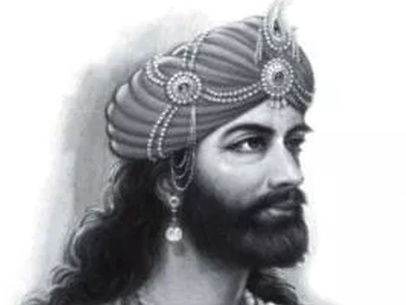
Name: Vidur
Mother: Parishrami
Occupation: Prime minister of Hastinapur
Known as: One of the most intelligent people of his time.
Vidur is also known as Daasi Putra (Maid's son).
Vidur was the son of Queen Ambika's maid Parishrami. He was raised by Bheeshma like a prince and he learned Ethics and politics under him and went on to become the most intelligent person of his time.
Vidur was the half of brother to king Dhritarashtra and Pandu as three of them were born in Niyoga practice.
Niyoga is a practice where the husband dies without heir or childless, the wife of the deceased can approach a man for Niyoga practice, where the appointed man will impregnate the women and once she becomes a mother, the appointed man will have no rights over the child. Niyoga can be performed only in exceptional cases with the consent of every member of the family. The modern methods of test-tube baby or surrogacy are nothing but following this ancient ritual, through advanced medical techniques.
Vidur proposed to announce Pandu as the king, not Dhritarashtra because Dhritarashtra being the eldest was blind by birth.
Vidur loyalty was towards Hastinapur and kuru family.
He always supported the ability of a person over his birth especially during the election of crown prince between Duryodhan who was the eldest son of the eldest Kuru king and Yudhishthira was the eldest son of youngest kuru king.
He protested against the Mahabharata war and took the retirement from his prime minister post.
Post-Mahabharata war, Vidur along with his Half brother Dhritarashtra and sisters in law Gandhari and Kunti left Hastinapur for penance to attain Moksha.
_Vikram M

Comments
Post a Comment